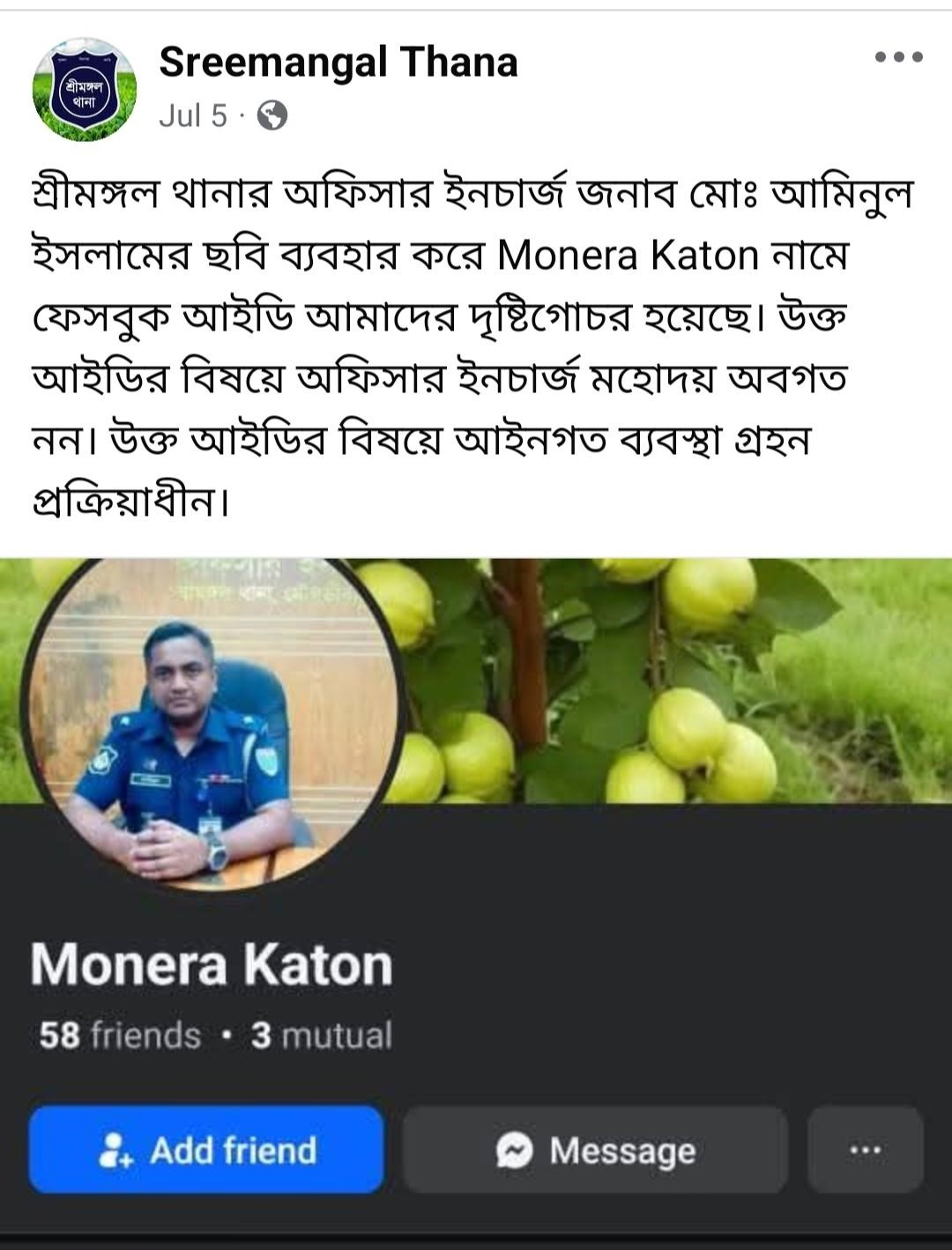Published: 09:59 AM, 15 August 2025
Social Media Misuse in Bangladesh: Fueling Chaos, Fear, and Threats to Society

Sangram Datta: Over the past decade, social media has become an inseparable part of daily life in Bangladesh. Platforms such as Facebook, Messenger, WhatsApp, Instagram, X (formerly Twitter), and Telegram have transformed communication, education, and business, connecting people in ways previously unimaginable. Yet, alongside these advantages, the misuse of these tools has emerged as a serious threat to personal safety, social harmony, and national stability.
Misinformation and Religious Rumors
Investigations by leading media outlets, including Prothom Alo, The Daily Star, and Dhaka Tribune, reveal a concerning pattern: social networks are increasingly used to circulate false content targeting minority communities. Between 2012 and 2025, fabricated posts, images, and videos alleging insults to religious beliefs went viral, particularly through Facebook and WhatsApp. These manipulations, often deliberately designed to incite anger and fear, have inflamed communal tensions.
Incidents in districts such as Ramu, Nasirnagar, Bhola, Jessore, Pabna, Shalla, Comilla, Noakhali, and Shatkhira illustrate the real-world consequences of digital falsehoods. In rural areas, where access to fact-checking is limited, misinformation spreads faster than authorities can intervene, often leading to mob violence, harassment, and destruction of property. Temples, churches, pagodas, homes, and businesses have been vandalized following viral rumors, underscoring the tangible dangers of online manipulation.
Notable examples include the 2012 destruction of Buddhist temples in Ramu and more recent attacks on Hindu communities in Gangachara upazila of Rangpur in July 2025. Similar unrest has occurred across multiple regions, highlighting the ongoing risk posed by unchecked digital content.
The Menace of Fake Accounts
A critical instrument in spreading such chaos is the creation of fake profiles. Impersonators often use images of ordinary citizens—or even public officials—to post inflammatory content. For example, in Srimangal, a Facebook account under the name Monera Katon used the photograph of Officer-in-Charge Md. Aminul Islam without consent. Other fraudulent profiles, sometimes generated through AI technology, have disseminated politically motivated propaganda and religious falsehoods.
This practice often results in serious injustice. Real perpetrators evade identification, while innocent citizens face harassment, legal scrutiny, or even wrongful arrest. Cybersecurity professionals warn that such exploitation undermines trust, leaving communities vulnerable and fearful.
Rapid Spread Across Multiple Platforms
Misinformation rarely remains confined to a single social network. Coordinated sharing across Facebook Messenger, WhatsApp groups, Instagram, X, and Telegram enables doctored images and misleading stories to reach thousands in a short time. This rapid circulation makes timely verification and law enforcement intervention extremely challenging.
Cybersecurity Experts: Frontline Defenders
Experts stress that combating social media misuse requires more than policing; it demands proactive digital security measures. In Bangladesh, cybersecurity professionals play a vital role in:
1. Detection and Monitoring: Identifying fake accounts, viral misinformation, and orchestrated rumor campaigns.
2. Digital Forensics: Investigating harassment, blackmail, and cybercrimes to support law enforcement.
3. Public Awareness Campaigns: Educating citizens, particularly youth, about responsible social media use and privacy protection.
4. Collaboration with Authorities: Assisting police and government agencies to prevent online content from escalating into real-life conflict.
Human rights organizations and media outlets emphasize that these specialists are essential to maintaining trust and safety in the digital landscape.
Real Threats vs. Misplaced Blame
Much of the disruption online is orchestrated by individuals seeking political or financial gain. Yet the victims are often ordinary citizens whose identities are exploited, perpetuating injustice and weakening social cohesion. Minority groups remain particularly exposed to such digital harassment.
Building a Safer Digital Space
Addressing the misuse of social media requires a multi-faceted approach:
Rapid Identification and Removal: Platforms must act swiftly to eliminate fake accounts and inflammatory content.
Legal and Police Support: Investigations should focus on the true instigators rather than victims of identity theft.
Public Education: Citizens need tools to verify information before sharing and to report suspicious activity.
Cybersecurity Collaboration: Professionals and law enforcement must work hand-in-hand to prevent online rumors from triggering real-world violence.
Fact-checking initiatives, public awareness campaigns, and strengthened legal frameworks are also critical to ensuring misinformation does not escalate into societal unrest.
Social media in Bangladesh holds enormous potential for connection, learning, and growth. Without adequate safeguards, however, it can equally become a vehicle for fear, chaos, and social fragmentation. Protecting communities—especially vulnerable minorities—demands vigilance, awareness, and collective responsibility. In a digital age where content can ignite real-life violence, distinguishing fact from fiction is no longer optional—it is essential.




